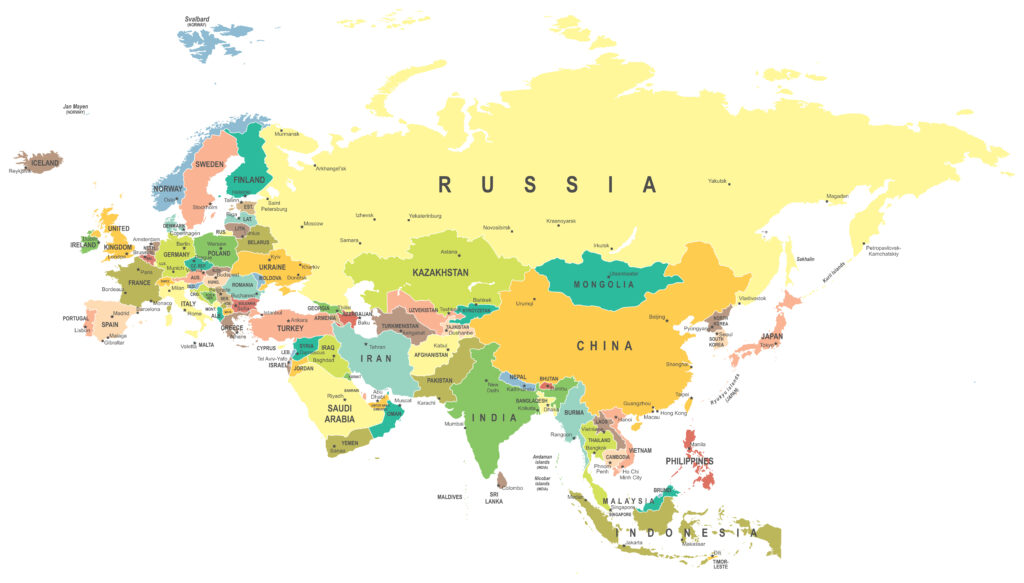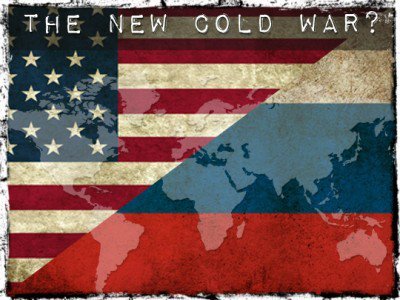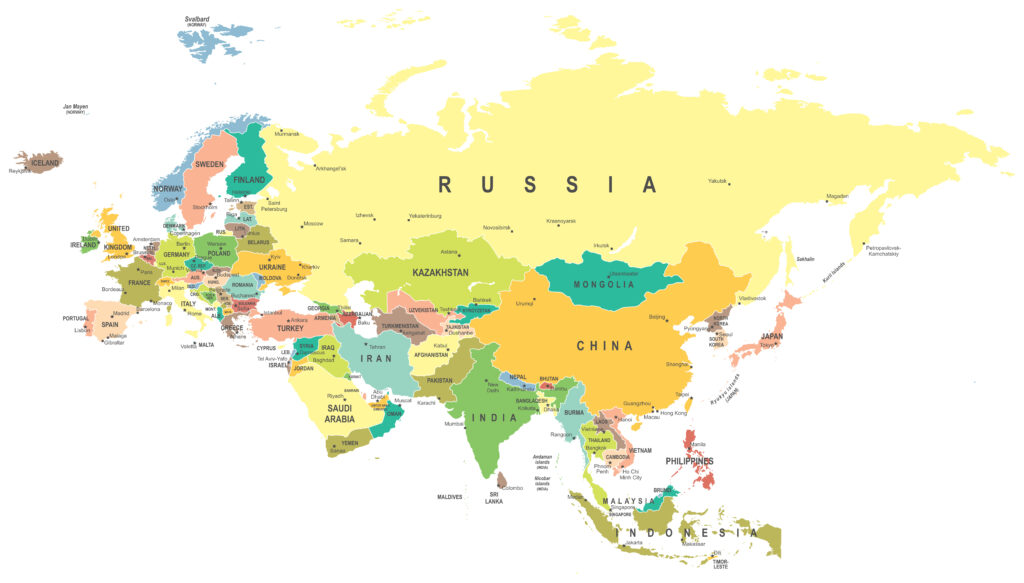
National Security Archive, 11/24/21
Washington, D.C., November 24, 2021 – The biggest train wreck on the track to NATO expansion in the 1990s – Boris Yeltsin’s “cold peace” blow up at Bill Clinton in Budapest in December 1994 – was the result of “combustible” domestic politics in both the U.S. and Russia, and contradictions in the Clinton attempt to have his cake both ways, expanding NATO and partnering with Russia at the same time, according to newly declassified U.S. documents published today by the National Security Archive.
The Yeltsin eruption on December 5, 1994, made the top of the front page of the New York Times the next day, with the Russian president’s accusation (in front of Clinton and other heads of state gathered for a summit of the Conference on Security and Cooperation in Europe, CSCE) that the “domineering” U.S. was “trying to split [the] continent again” through NATO expansion. The angry tone of Yeltsin’s speech echoed years later in his successor Vladimir Putin’s famous 2007 speech at the Munich security conference, though by then the list of Russian grievances went well beyond NATO expansion to such unilateral U.S. actions as withdrawal from the Anti-Ballistic Missile Treaty and the invasion of Iraq.
The new documents, the result of a Freedom of Information Act lawsuit by the National Security Archive, include a series of revelatory “Bill-Boris” letters in the summer and fall of 1994, and the previously secret memcon of the presidents’ one-on-one at the Washington summit in September 1994. Clinton kept assuring Yeltsin any NATO enlargement would be slow, with no surprises, building a Europe that was inclusive not exclusive, and in “partnership” with Russia. In a phone call on July 5, 1994, Clinton told Yeltsin “I would like us to focus on the Partnership for Peace program” not NATO. At the same time, however, “policy entrepreneurs” in Washington were revving up the bureaucratic process for more rapid NATO enlargement than expected either by Moscow or the Pentagon,[1] which was committed to the Partnership for Peace as the main venue for security integration of Europe, not least because it could include Russia and Ukraine.[2]
The new documents include insightful cables from U.S. Ambassador to Moscow Thomas Pickering, explaining Yeltsin’s new hard line at Budapest as the result of multiple factors. Not least, Pickering pointed to “strong domestic opposition across the [Russian] political spectrum to early NATO expansion,” criticism of Yeltsin and his foreign minister, Andrei Kozyrev, as too “compliant to the West,” and the growing conviction in Moscow that U.S. domestic politics – the pro-expansion Republicans’ sweep of the Congressional mid-term elections in November 1994 – would tilt U.S. policy away from taking Russia’s concerns into account.
Pickering was perhaps too diplomatic because there was plenty of blame to go around on the U.S. side. Clinton wrote in his memoir, “Budapest was embarrassing, a rare moment when people on both sides dropped the ball….”[3] Actually, the drops were almost all in Washington. White House schedulers led by chief of staff Leon Panetta tried to prevent Clinton from even going to Budapest by constraining his window there to eight hours, which meant no time for a one-on-one with Yeltsin. Clinton himself thought he was doing Yeltsin a big favor by even coming and expected good press from the substantial reduction in nuclear arsenals that would result from the signing of the Budapest memorandum on security assurances for Ukraine (violated by Russia in 2014). National Security Adviser Tony Lake gave Clinton a prepared text that “was all yin and no yang – sure to please the Central Europeans and enthusiasts for enlargement, but equally sure to drive the Russians nuts….” The author of that phrase, Deputy Secretary of State Strobe Talbott, wasn’t even in Budapest, paying attention to the Haiti crisis instead (“never again” he later wrote, would he miss a Yeltsin meeting).[4]
The new documents include a previously secret National Security Council memo from Senior Director for Russia Nicholas Burns to Talbott, so sensitive that Burns had it delivered by courier, describing Clinton’s reaction to Budapest as “really pissed off” and reporting “the President did not want to be used any more as a prop by Yeltsin.” At the same time, Burns stressed, “we need to separate our understandable anger on the tone of the debate with [sic] Russia’s substantive concerns which we must take seriously.” Similarly, the Pickering cables recommended using Vice President Al Gore’s previously scheduled December trip to Moscow for meetings with Prime Minister Victor Chernomyrdin to also meet with Yeltsin, calm down the discussion, and get back on a “workable track.”
Mending fences would include Gore’s description to Yeltsin of the parallel NATO and U.S.-Russia tracks as spaceships docking simultaneously and very carefully,[5] and Gore and then Clinton assuring the Russians (but not in writing, as Kozyrev kept asking for) that no NATO action on new members would happen before the 1995 Duma elections or the 1996 presidential elections in Russia.
The final assurance was Clinton’s agreement (despite Russia’s brutal Chechen war and multiple domestic pressures) to come to Moscow in May 1995 for the 50th anniversary celebrations of the victory over Hitler. In Moscow, Yeltsin berated Clinton about NATO expansion, seeing “nothing but humiliation” for Russia: “For me to agree to the borders of NATO expanding towards those of Russia – that would constitute a betrayal on my part of the Russian people.” But Yeltsin also saw Clinton would do whatever he could to ensure Yeltsin’s re-election in 1996, and that mattered the most to him. Only after that Moscow summit would Yeltsin order Kozyrev to sign Russia up for the Partnership for Peace.
The new documents only reached the public domain as the result of a Freedom of Information lawsuit by the National Security Archive against the State Department, seeking the retired files of Strobe Talbott. Thanks to excellent representation by noted FOIA attorney David Sobel, State set up a schedule of regular releases to the Archive over the past three years. The full corpus of thousands of pages covering the entire 1990s will appear next year in the award-winning series published by ProQuest, the Digital National Security Archive, which won Choice Magazine’s designation as an “Outstanding Academic Title 2018.” The Archive also benefited from State’s assignment of veteran reviewer Geoffrey Chapman to the task of assessing the Talbott documents for declassification. Chapman ranks among the most thorough, expert, and professional declassifiers in the U.S. government.
Text and documents available here.



